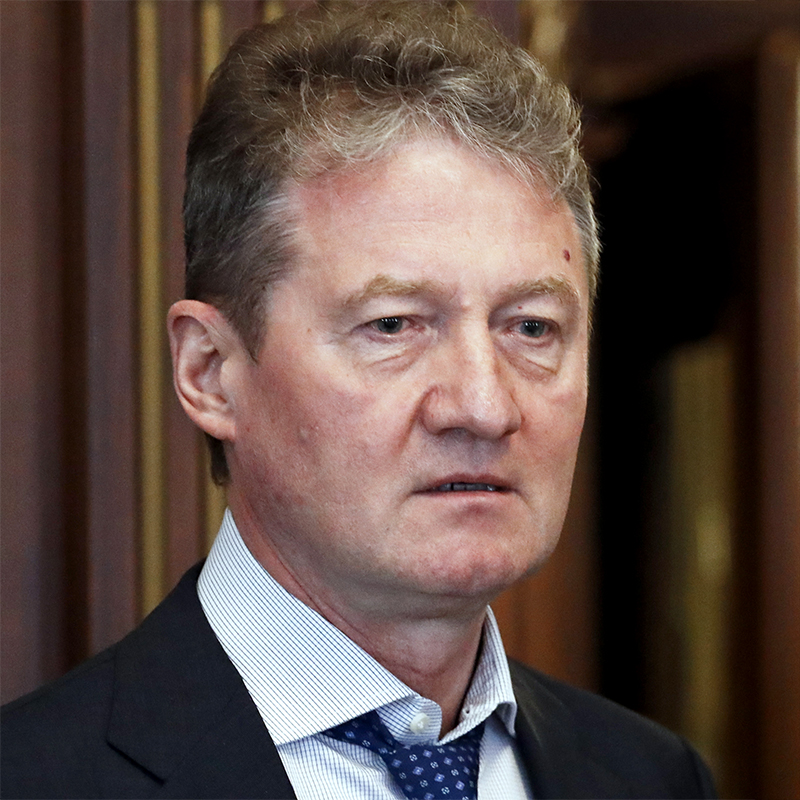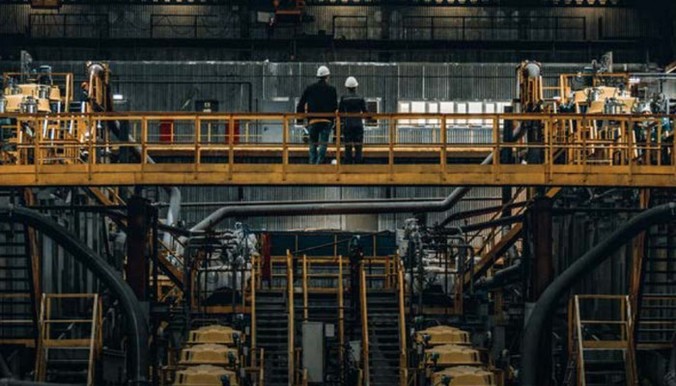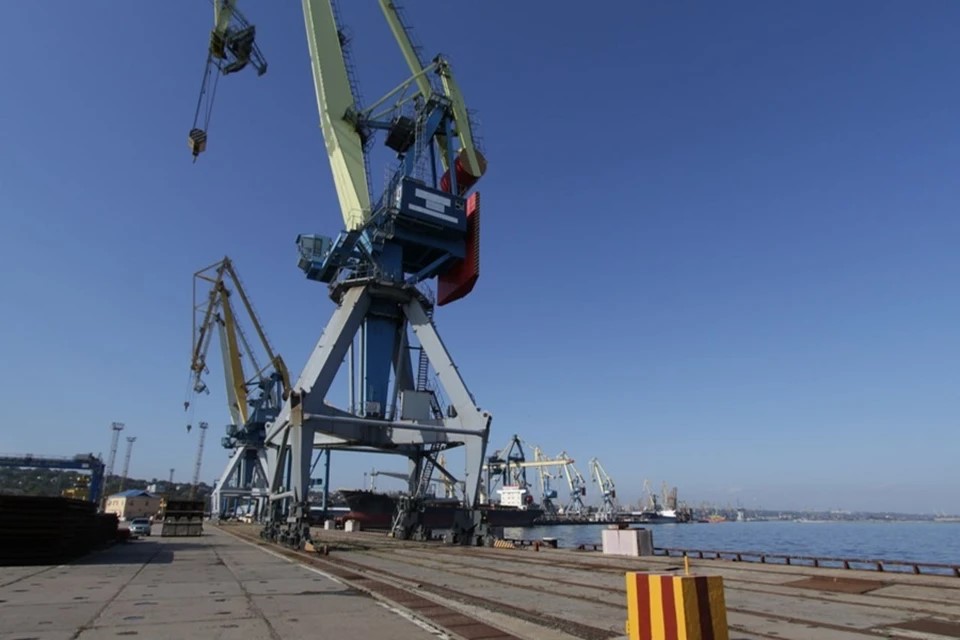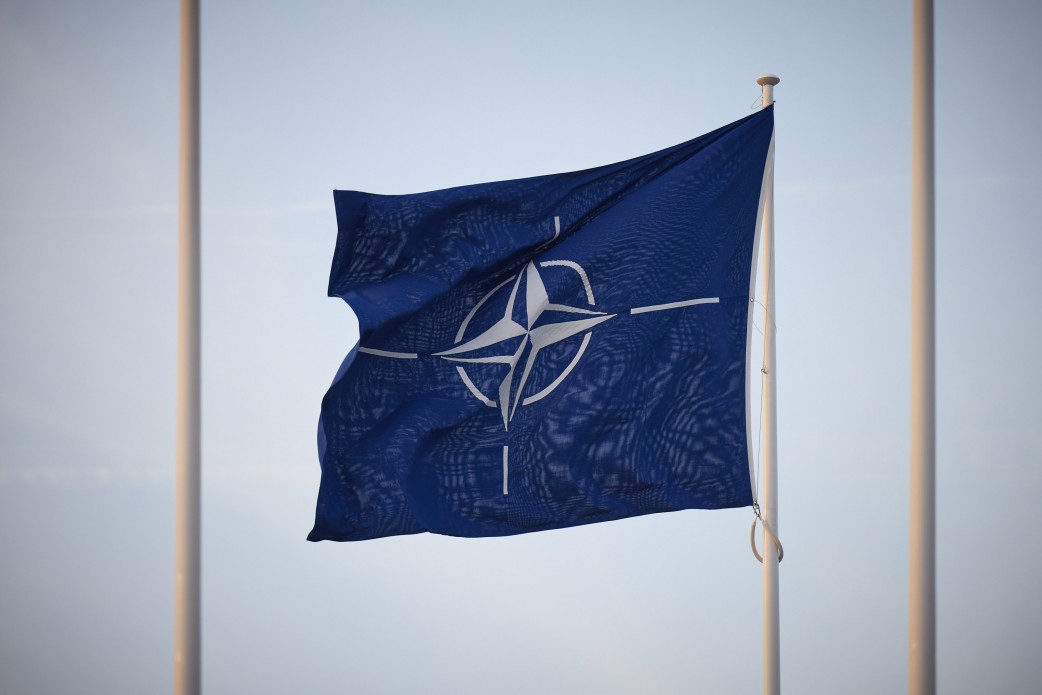The company of Russian billionaire Andrei Kozitsyn, who is under European sanctions, has established a complex supply network through Central Asian countries and Turkey to bypass restrictions on the export of high-tech goods to Russia, as reported by Current Times.
Andrei Kozitsyn, co-founder of the Ural Mining and Metallurgical Company (UMMC), was sanctioned by the European Union in July 2022. Despite this, his fortune increased to $4.4 billion by 2024, largely due to the activities of his companies, including the Russian laser systems manufacturer MelSyTech.

Formally, MelSyTech specializes in the production of laser equipment for medicine and cosmetics. However, the company also develops industrial systems used in machine engineering, which may include dual-use components. These components are prohibited from being exported to Russia under European sanctions.
To circumvent these sanctions, MelSyTech uses a network of intermediary companies abroad. One of the key links in this scheme is the Czech plant Astrum LT, which was previously owned by MelSyTech. After sanctions were imposed, the owner of the plant became Czech lawyer Konstantin Lavrushin, who is connected to the Russian businessman. Lavrushin also registered several companies in Turkey, Kyrgyzstan, and Serbia, countries that do not support sanctions against Russia.
Through these companies, components are purchased from suppliers in the USA, Europe, and Asia. According to customs data, a significant portion of the goods imported through these firms directly reaches Russia, bypassing intermediate points. For example, in 2023 alone, MelSyTech received equipment from Germany's Infineon Technologies, America's Aquatec, and Switzerland's Maxon.
MelSyTech claims that the company is actively working on import substitution, but experts note that most of the components are still imported. Since 2023, the main suppliers for the company have been concentrated in Turkey, China, and Kyrgyzstan.
The schemes used by Kozitsyn’s companies are typical for Russian companies facing sanctions. The creation of "pass-through" companies in countries with friendly relations to Russia allows the continuation of deliveries of banned products. However, the involvement of European legal entities in such schemes could lead to investigations and criminal cases.
Czech authorities are already inspecting several local companies for circumventing sanctions. Meanwhile, representatives of Infineon have initiated an internal investigation, emphasizing their commitment to complying with sanctions.




















